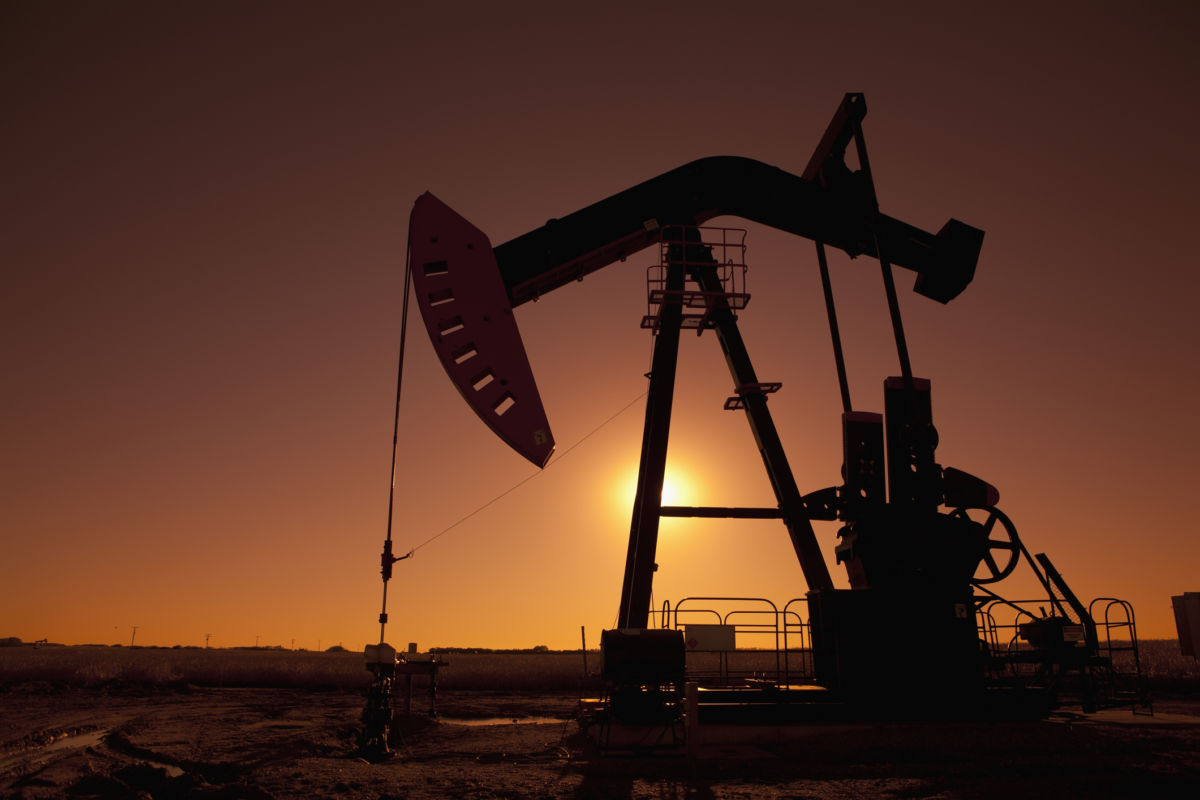Honest, paywall-free news is rare. Please support our boldly independent journalism with a donation of any size.
Despite the president’s attempts at packing the courts, the Trump administration hasn’t done so well at the federal level these days. The latest blow comes to oil and gas leases administered by the federal government, which allow companies to exploit resources on public lands for relatively small fees. A judge just blocked drilling on 300,000 acres of publicly-held land in Wyoming — though the move is temporary, not permanent.
Even more importantly, the judge specifically cited climate change in the decision, which opens up the possibility of pursuing similar litigation in other states.
Advocacy groups WildEarth Guardians, Physicians for Social Responsibility, and the Western Environmental Law Center brought suit in 2016, arguing that the administration failed to consider the potential ramifications of climate change in oil and gas leasing decisions.
If that date is giving you pause, trust your instincts: It was indeed a suit originally filed against the Obama administration that has carried over to the Trump era, thanks to the federal government’s aggressively pro-oil agenda and the decision to lease out millions of acres of public land to private companies across states like Wyoming and Montana. Some states rely heavily on revenue from oil and gas exploration, with Alaska being a particularly notable example.
In the suit, environmental advocates argued that the process of leasing public lands should include a consideration of potential climate impacts, including calculating the ramifications of opening up land to drilling and exploring how to limit those harmful impacts.
Fossil fuels extracted on public lands produce 25 percent of American climate pollution, highlighting that this is not a trivial issue. Environmental reporting is required for all kinds of development, from building a house to opening up land to oil drilling, and the law requires it to be comprehensive and informed by a variety of factors — including, some argue, the impact of a given development activity on greenhouse gas emissions.
The judge agreed, finding that the federal government did not perform its environmental assessments correctly when determining which lands should be opened up to drilling by failing to calculate the potential emissions impact. The Bureau of Land Management was tasked with redoing hundreds of environmental impacts for projects across Wyoming, temporarily halting activities there until the agency can satisfy the court’s interpretation of federal law.
This decision will help environmental advocates as they prepare suits elsewhere, and it may become a valuable tool for litigation to at least temporarily stop oil and gas development on public lands. It’s notable that delays make leases more costly and less appealing, as well as serve as an incentive to consider developing alternative sources of energy that do not come with such a high risk of litigation.
Unfortunately, oil and gas companies have very deep pockets, and they’re often willing to get wrapped up in litigation for years in pursuit of a particularly lucrative vein of deposits.
The Trump administration has the right to appeal a ruling, though it did not respond to a request for comment on the matter from Fortune. That said, t’s not uncommon for federal agencies to decline to discuss ongoing litigation for a variety of reasons, so you shouldn’t read something from it either way.
If the administration does need to appeal, the move could backfire if another judge agrees with the findings here and doubles down on them, and the appeal will drag this process out even longer.
A terrifying moment. We appeal for your support.
In the last weeks, we have witnessed an authoritarian assault on communities in Minnesota and across the nation.
The need for truthful, grassroots reporting is urgent at this cataclysmic historical moment. Yet, Trump-aligned billionaires and other allies have taken over many legacy media outlets — the culmination of a decades-long campaign to place control of the narrative into the hands of the political right.
We refuse to let Trump’s blatant propaganda machine go unchecked. Untethered to corporate ownership or advertisers, Truthout remains fearless in our reporting and our determination to use journalism as a tool for justice.
But we need your help just to fund our basic expenses. Over 80 percent of Truthout’s funding comes from small individual donations from our community of readers, and over a third of our total budget is supported by recurring monthly donors.
Truthout has launched a fundraiser to add 310 new monthly donors in the next 4 days. Whether you can make a small monthly donation or a larger one-time gift, Truthout only works with your support.
